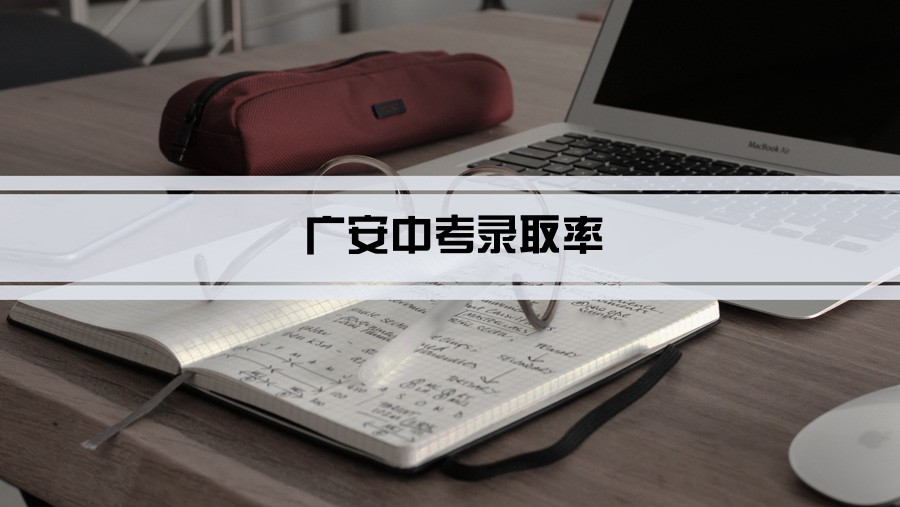-
相关文章
初中英语语法之代词的使用方法怎么用
2023-08-13 01:41:50初中英语语法副词的使用方法有什么
2023-08-01 13:20:16八年级上册语考点总结三篇
2023-08-05 05:07:35英语语法之一般疑问句三篇
2023-08-04 18:17:57达州中考录取率多少,各高中录戎数线统计
2023-08-05 23:03:19
广安中考录取率多少,各高中录戎数线统计
2023-08-07 10:01:37
宜宾中考录取率多少,各高中录戎数线统计
2023-08-18 05:38:08
全国中小学生安全教育日直播节目观后感作文
2023-08-02 11:55:45最新销售岗位个人简历模板大全
2023-08-02 07:13:01应届生实习辞职申请书怎么写六篇
2023-08-08 16:16:26数学教材备课工作教学计划五篇
2023-08-13 08:56:23
中考英语语法指导复习有什么
中考英语:定冠词
定冠词the与指示代词this,that同源,有"那(这)个"的意思,但较弱,可以和一个名词连用,来表示某个或某些特定的人或东西。
1)特指双方都明白的人或物:
Take the medicine. 把药吃了。
2)上文提到过的人或事:
He bought a house. I've been to the house.
他买了幢房子。我去过那幢房子。
3)指世上独一物二的事物:
the sun, the sky, the moon, the earth
4)单数名词连用表示一类事物,如:the dollar 美元;
the fox 狐狸;或与形容词或分词连用,表示一类人:the rich 富人; the living 生者。
5)用在序数词和形容词最高级,及形容词only, very, same等前面:
Where do you live? I live on the second floor. 你住在哪?我住在二层。
That's the very thing I've been looking for. 那正是我要找的东西。
6)与复数名词连用,指整个群体:
They are the teachers of this school.指全体教师)
They are teachers of this school. (指部分教师)
7)表示所有,相当于物主代词,用在表示身体部位的名词前:
She caught me by the arm.. 她抓住了我的手臂。
8)用在某些由普通名词构成的国家名称、机关团体、阶级、等专有名词前:
the People's Republic of China 中华人民共和国
the United States 美国
9)用在表示乐器的名词之前: She plays the piano. 她会弹钢琴。
10) 用在姓氏的复数名词之前,表示一家人:
the Greens 格林一家人 (或格林夫妇)
11) 用在惯用语中:
in the day, in the morning (afternoon,evening), the day after tomorrow
the day before yesterday, the next morning,
in the sky (water,field,country)
in the dark, in the rain, in the distance,
in the middle (of), in the end,
on the whole, by the way, go to the theatre
中考英语语法之不定冠词
不定冠词的用法
冠词是虚词,本身不能单独使用,也没有词义,它用在名词的前面,帮助指明名词的含义。英语中 的冠词有三种,一种是定冠词(the Definite Article),另一种是不定冠词(the Indefinite Article),还有一种是零冠词(Zero Article)。
不定冠词a (an)与数词one 同源,是 "一个"的意思。a用于辅音音素前,一般读作[e],而an则用于元音音素前,一般读做[en]。
1) 表示 "一个",意为one;指某人或某物,意为a certain。
A Mr. Ling is waiting for you.
2) 代表一类人或物。
A knife is a tool for cutting with.
Mr. Smith is an engineer.
3) 词组或成语。
a little / a few / a lot / a type of / a pile / a great many / many a / as a rule / in a hurry / in a minute / in a word / in a short while / after a while / have a cold / have a try / keep an eye on / all of a sudden
中考英语语法之情态动词
情态动词有四类:
①只做情态动词:must,can(could),may(might),ought to
②可做情态动词又可做实义动词:need,dare
③可做情态动词又可做助动词:shall(should),will(would)
④具有情态动词特征:have(had) to,used to
情态动词在句中放在谓语动词之前, 谓语动词前若有助动词,则在助动词之前,疑问句中, 情态动词则在主语之前。
I can see you. Come here.
我能看见你,过来吧。
He must have been away.
他一定走了。
What can I do for you?
你要什么?
How dare you treat us like that!
你怎能那样对待我们!
Can 和Could的用法
1. 表示能力或客观可能性,还可以表示请求和允许。如:
Can you finish this work tonight?
Man cannot live without air.
— Can I go now? — Yes, you can.
注意:①could也可表示请求,语气委婉,主要用于疑问句,不可用于肯定句,答语应用can(即could不能用于现在时态的简略答语中)。如:
Could I come to see you tomorrow?
Yes, you can. (否定答语可用No, I'm afraid not.)
②can表示能力时,还可用be able to代替。如:
I'll not be able to come this afternoon.
2. 表示惊异、怀疑、不相信的态度。(主要用在否定句、疑问句或惊叹句中)
Can this be true?
How can you be so careless!
This cannot be done by him.
3. “can(could) + have + 过去分词”的疑问或否定形式表示对过去发生的行为怀疑或不肯定。如:
He cannot have been to that town.
Can he have got the book?
4. 用在疑问句及否定句中,表示惊讶,不相信等.
5. cannot```too\enough表示"无论怎样``````也不过分","越``````越好"











